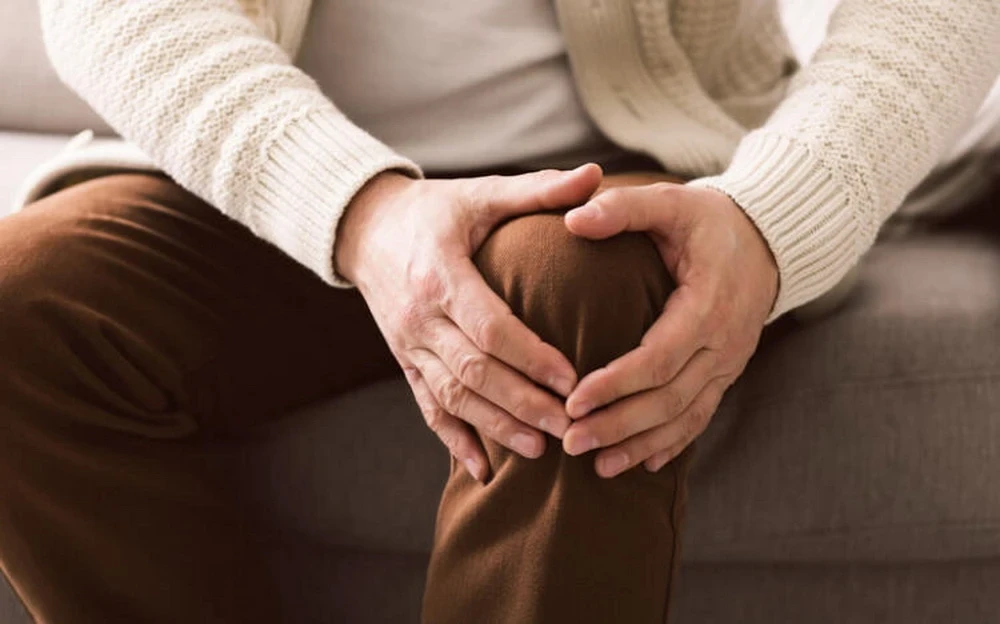Research by a team of Australian scientists has challenged this way of thinking by showing that, rain or shine, the weather has no direct link to most human aches and pains.

A study led by the University of Sydney (Australia), published recently in the journal Seminars in Arthritis and Rheumatism, found that there is no clear link between weather and musculoskeletal pain.
Professor Manuela Ferreira at the University of Sydney, lead author of the study, said people often assume that musculoskeletal symptoms such as back pain, hip pain or arthritis symptoms will increase in certain weather conditions.
However, the team's research challenges this thinking by showing that rain or shine, weather has no direct link to most human aches and pains.
In the study, experts compiled data from existing international studies on weather and musculoskeletal pain in more than 15,000 participants to assess the link between the two phenomena.
Participants recorded 28,000 new or worsening episodes of muscle or joint pain in people who already had the condition. Knee or hip arthritis was the most common condition recorded, followed by low back pain and rheumatoid arthritis (RA).
The team's review found that changes in air temperature, humidity, pressure, and rainfall did not appear to lead to an increased risk of knee, hip, or low back pain and were not associated with patients seeking medical care for arthritis.
Experts say the findings debunk a common medical myth and provide an important warning that patients should not let weather dictate their treatment options.
The team said the study highlighted a broader problem: around 25% of the Australian population is living with chronic musculoskeletal conditions, while misconceptions persist and treatment options are limited, with patients often left to self-diagnose their condition without appropriate support.
“When looking to prevent and relieve pain, both patients and clinicians should focus on the patient’s condition, including weight control and exercise, rather than letting the weather influence treatment,” Professor Ferreira stressed.
Additionally, another issue the study found was that high temperatures and low humidity can double the risk of gout attacks in people with gout because warmer weather can lead to dehydration and increased uric acid levels.
TH (according to Vietnam+)